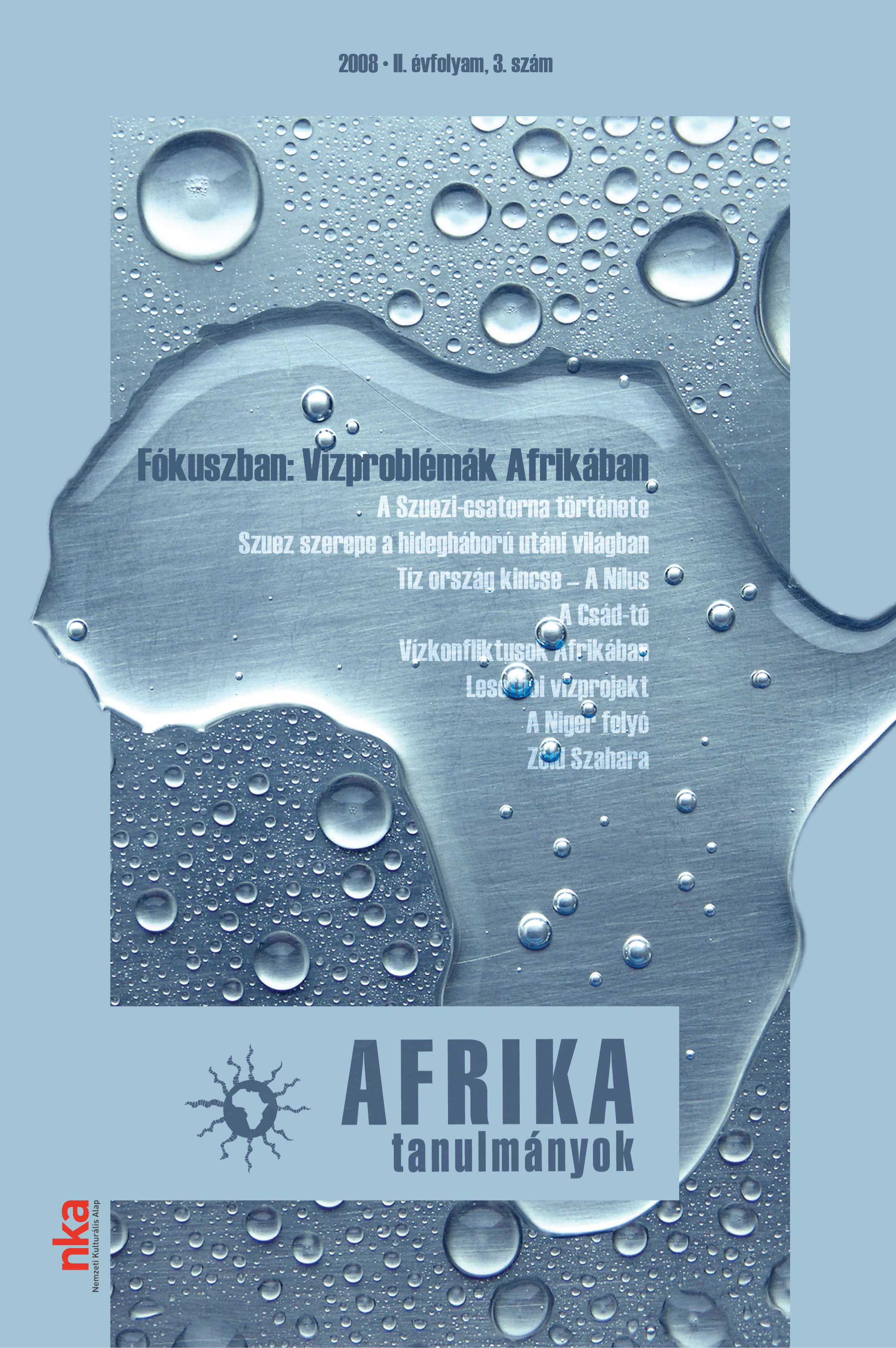Niger
History and law on the shore of the “Big River”
Keywords:
Ghana Empire, Mali Empire, Strategic water source, NigerAbstract
The longest river of West-Africa had an influence for centuries on the region’s social, political, cultural, and economic development. It is more than a simple source of water, it is the centre of communities, religions, popular beliefs and prayers, and the cradle of life. The ancient empires – including Ghana, Mali, Hausa, or Songa – were just as exposed to Niger’s dangerous flow of water as the region’s countries of today. The fact that two states bear its name proves this in reality. The argument over the possession of precious water was the casus belli for bloody wars several times which caused the rise or fall of peoples and empires. In legal terms firstly European colonizers regulated the free usage of the river for shipping and for other purposes. These agreements were kept alive by African states becoming independent during the decolonization with several amendments and actualization.
Downloads
Published
How to Cite
Issue
Section
License

This work is licensed under a Creative Commons Attribution-NonCommercial-NoDerivatives 4.0 International License.
















